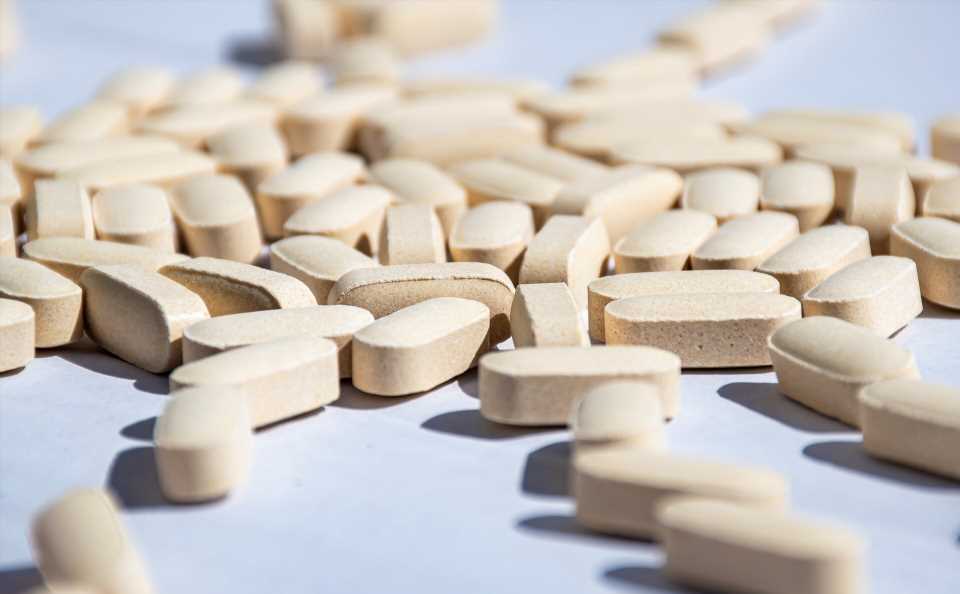
It’s true that as we age, we don’t sleep as well or as long. Why is that? Scientists say several changes occur with aging that disrupt our natural sleep cycle.
That’s why I was intrigued with an ad on television for a product that claims to have been “clinically tested” and “proven effective” to help one fall asleep faster and sleep longer.
“I bet it has magnesium in it,” I remarked to my husband as we listened to the convincing-sounding spiel. Sure enough, the supplement contains magnesium, a mineral that, among other jobs, may help promote healthful sleep.
Other ingredients commonly found in sleep supplements that may help include:
- Valerian, an herb used historically for the treatment of nervousness and stress. According to the National Institutes of Health Office of Dietary Supplements (od.ods.nih.gov), some studies have shown that valerian may help decrease the time it takes to fall asleep. Other studies show no benefit, however.
- Hops, flowers from the plant used to make beer, have some sedative effects, say researchers. Although there are no strong studies to support its use for sleep, a small amount of hops (about what you’d get in one nonalcoholic beer) can cause sleepiness in some people.
- Ashwagandha extract is made from an evergreen shrub that grows in Asia and Africa. According to the National Library of Medicine (medlineplus.gov), the herb is “possibly” effective for insomnia and stress.
- GABA (gamma-aminobutyric acid) is a chemical in our brains that slows down messages we receive and therefore helps us feel calm, says the Cleveland Clinic. Scientists are still examining the effectiveness and safety of GABA supplements for improving sleep, however. Interesting, this chemical is also found in many plant and fermented foods, including spinach, brown rice and kimchi.
- Chamomile (the German type) may help improve sleep quality, though there is not enough information to know its effects for full-blown insomnia, according to the National Center for Complementary and Integrative Medicine (nccih.nih.gov).
- Passion flower is a climbing vine that has been used as a sedative. Again, it hasn’t been studied extensively for improving sleep, though it can cause drowsiness in some people, say experts.
- Melatonin is a hormone in our brain that makes us sleepy. It is made synthetically or from animals and microorganisms for use in dietary supplements. Although it may help one fall asleep faster, sleep experts do not currently recommend it for long-term treatment of insomnia due to lack of information about its safety.
Source: Read Full Article
